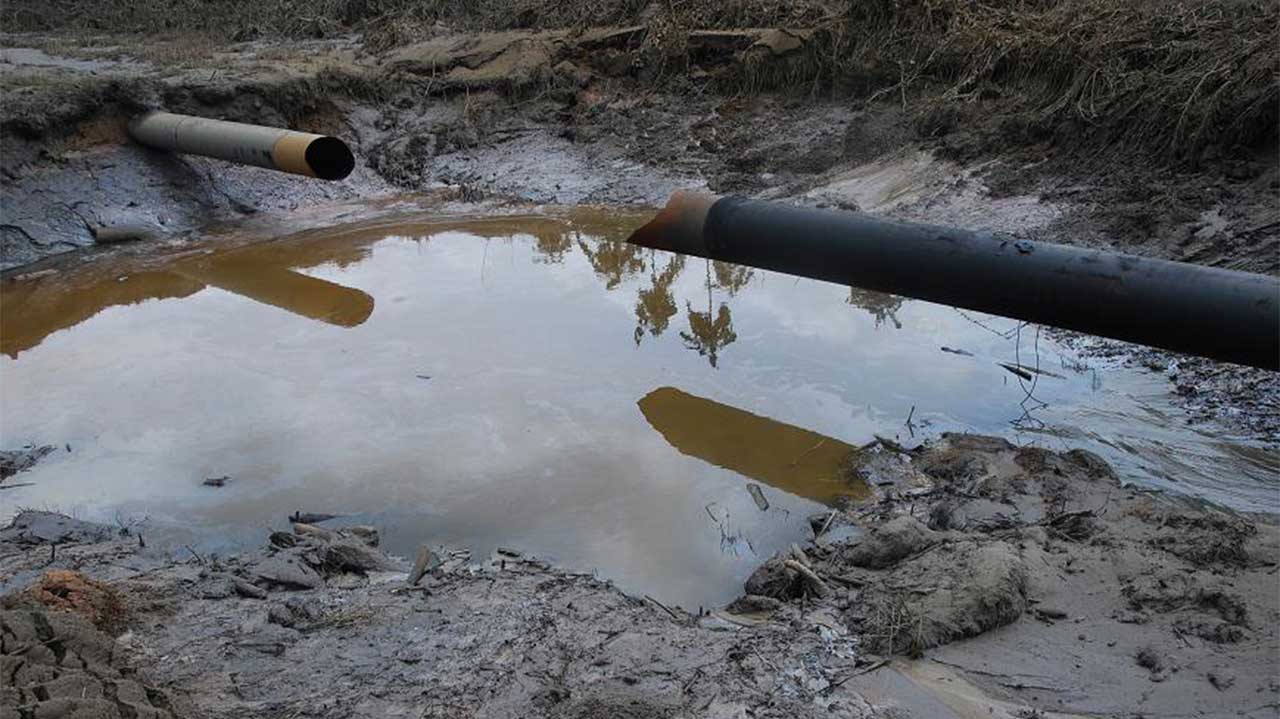The federal government could lose as much as N1.37 trillion worth of crude oil production as the Petroleum and Natural Gas Senior Staff Association of Nigeria (PENGASSAN) threatens to embark on a nationwide strike amid rising crude oil theft.
PENGASSAN said the industrial action would last for 30 days, except the government addressed the nation’s incessant crude oil theft.
The association zonal chairman, Prince Audu Osihiokhamele, who was present at a sensitization rally held in Warri, Delta State disclosed on Friday.
According to him “the big men doing the business of crude oil theft are in government.
“They say they load vessels, but we don’t see any. Is it a needle?”
Audu further stated that should the authorities fail to take the necessary actions to arrest the crisis, PENGASSAN would be forced to take drastic action.
He said “We will shut down the country for 30 days until we all come to the round table to unravel the mysteries surrounding the thefts.
“PENGASSAN will resort to shutting down production for 30 days by withdrawing members, both onshore and offshore, wherever they are producing crude, should the government fail to hearken to this warning.”
In July 2022, Nigeria’s crude oil production dropped to an all-time low of 972,394 barrels per day, according to a report released by the Nigerian Upstream Petroleum Regulatory Commission (NUPRC) and obtained by Investors King.
Prior to theft and a series of attacks in the Southern part of the country, Nigeria’s crude oil production stood at about 2.1 million barrels per day. However, despite oil trading at a relatively high price in recent months following Russia’s invasion of Ukraine on February 24, 2022, production in Africa’s largest economy has nosedived and continues to trend downward.
This, experts have attributed to an unusually high level of oil theft in key crude oil producing states. Some stakeholders have gone as far as accusing politicians and other government officials of being part-takers or even encouraging it.
Recently, in an effort to curb theft and prop up Nigerian crude oil production, the Federal Government was forced to engage the service of a rebel leader, popularly known as Tompolo.
Tompolo, who was once declared wanted and a criminal, was awarded N48 billion, or $112.123 million in yearly survelliance contract to provide security for government oil assets and investments in the Southern part of the nation.
While this agreement might work in the near term, it could spell doom for the nation in the future like the Boko haram in the North and IPOB in the East.

 Forex3 weeks ago
Forex3 weeks ago


 Naira2 weeks ago
Naira2 weeks ago
 Billionaire Watch2 weeks ago
Billionaire Watch2 weeks ago




 Naira2 weeks ago
Naira2 weeks ago




 Naira2 weeks ago
Naira2 weeks ago




 Naira1 week ago
Naira1 week ago




 Naira4 weeks ago
Naira4 weeks ago




 Naira3 weeks ago
Naira3 weeks ago




















